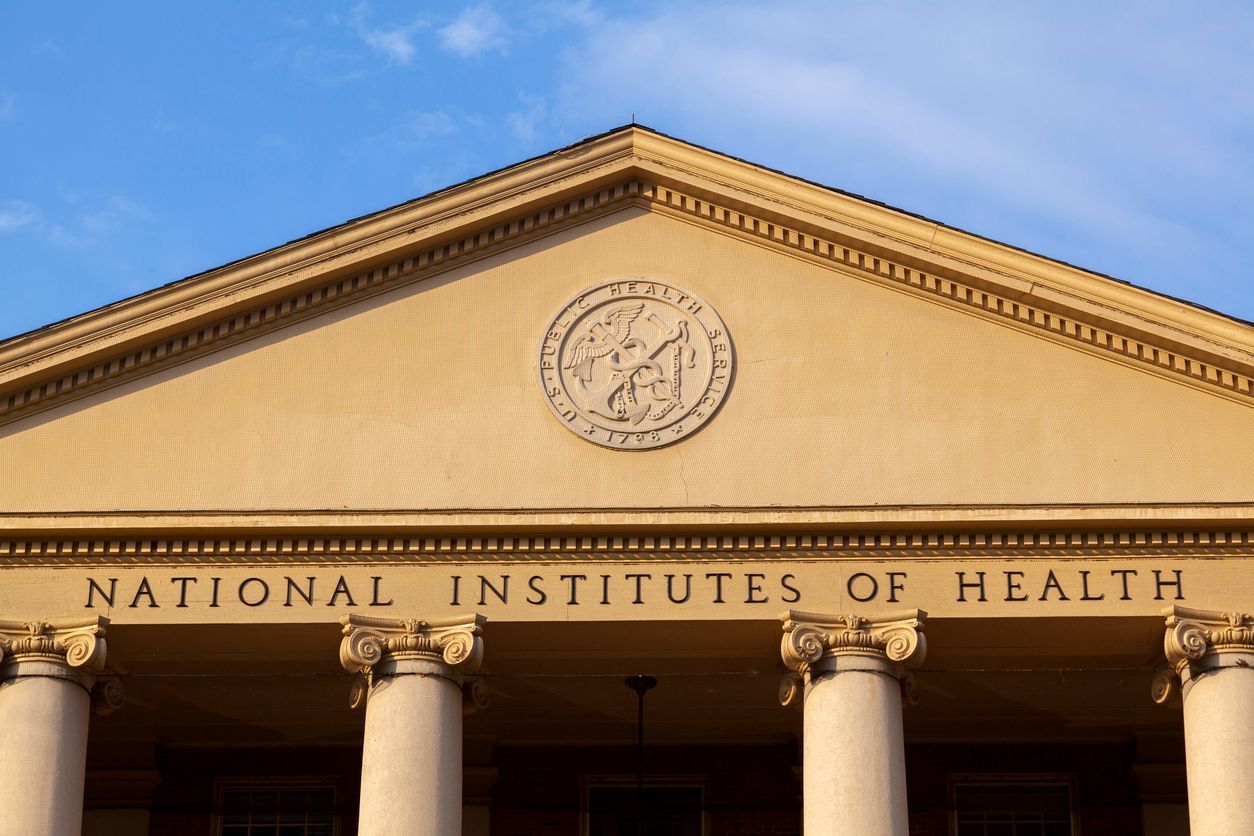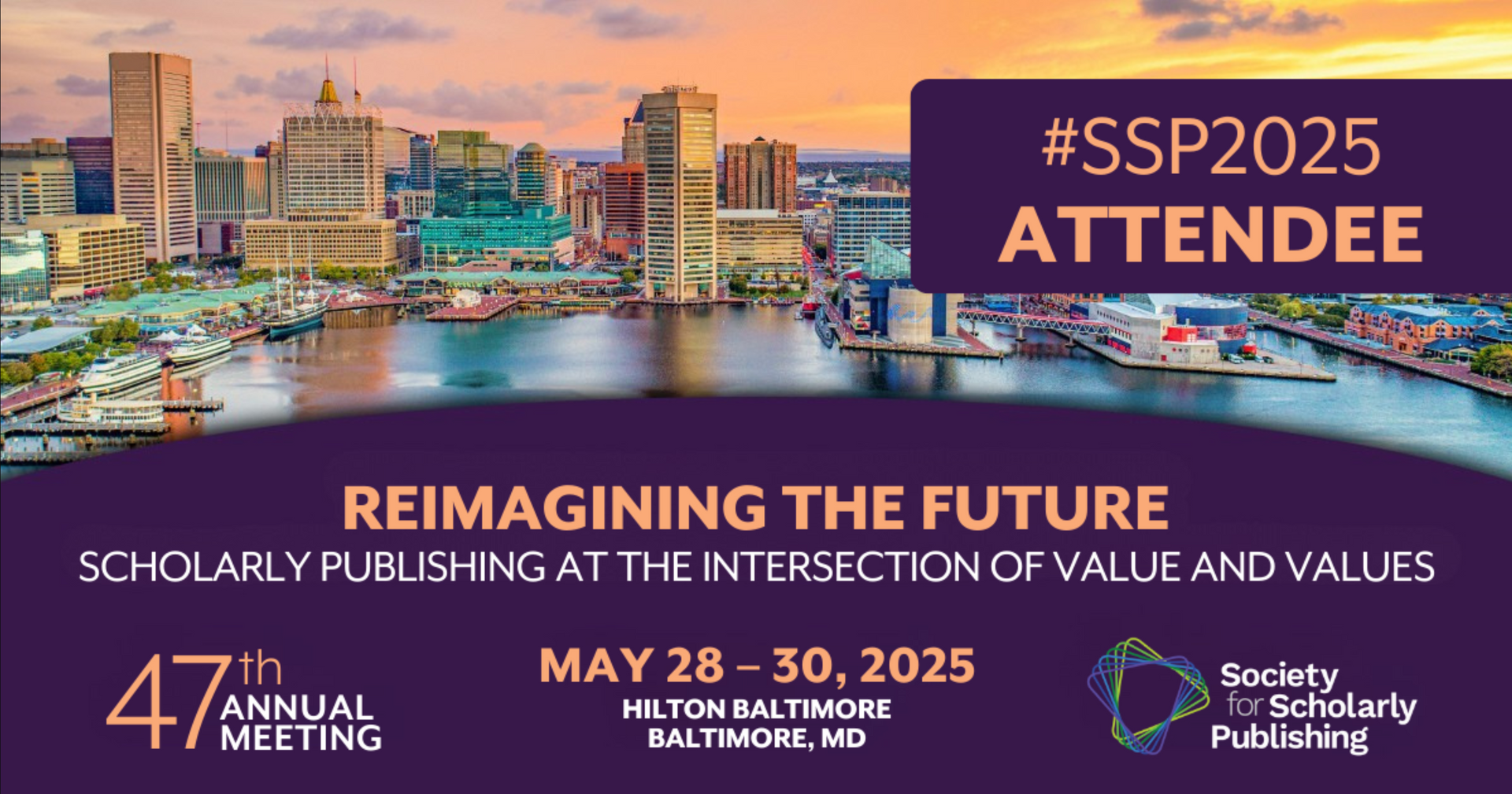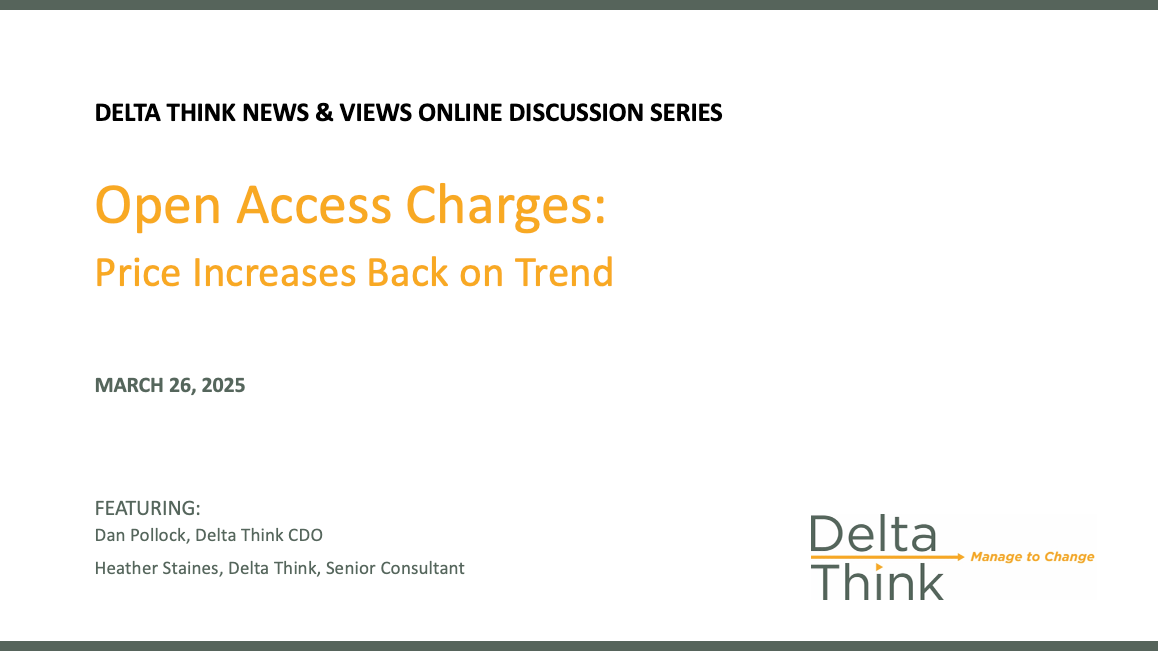News & Views: Curate or Perish?

Wellcome Trust and the Howard Hughes Medical Institute (HHMI) recently announced the launch of the “Learned Society Curation Awards,” a new funding initiative designed to reward societies who are looking beyond publishing when thinking of their future contributions.
What might this statement tell us about the vision these funders’ have for learned societies in an open future?
Background
The awards—up to £200,000 over three years—are for those who “want to explore new ways of signaling the significance of published research outputs in an open and transparent manner.”
Wellcome offers a great deal of information on their website about society eligibility, potential projects that will be considered, and grant coverage. They are also hosting webinars that will allow for questions from potential participants and community members. To summarize, their three key messages include:
1. Societies are at the center of academic publishing, but they need to rethink their role
Wellcome acknowledges the importance of societies to the scholarly ecosystem, and states that they are looking for societies who want to explore “a move from the role of publisher to that of curator.” Curation in this context would include “value-added services that could facilitate research assessment.”
2. Societies’ new role might include fostering transparent peer review and curating research across platforms and content types
While Wellcome states that they don’t want to be “prescriptive” and limit submissions, they indicate a preference for two core ideas: those that foster a more open and transparent peer review process, and those that curate disparate forms of research, such as gathering preprints across a field of expertise or creating an “overlay” journal. They also specifically call out the ability to use funds to move to an open publishing platform….such as Wellcome’s own such platform, Wellcome Open Research.
3. There is support for Plan S, but not for APCs
If you are applying from a society with an “active journal publishing operation,” then you must have published research articles funded by Wellcome or published by HHMI PIs/group leaders within the last two years.
Most critically, society publishers must offer a Plan S-compliant publishing option. At present, there are three routes to Plan S compliance: 1) publication in a fully OA journal or on an OA platform; 2) article deposit in an open repository without embargo; and 3) OA publication in a subscription journal under a transformative agreement. OA publication in a hybrid journal is not a compliant option.
Societies across the world are encouraged to apply, though the lead applicant cannot be based in mainland China. Grant funding usage is comprehensive, covering new salaries and overheads, development costs, evaluation costs, dissemination and engagement costs, and more. With one notable exception—you cannot use funding for APCs or any other publication costs.
It will be interesting to see which societies and what ideas make the final cut.
Analysis
Most societies derive the majority of their income from publishing. While there are exceptions (e.g., societies with a profitable meetings arm or a large donor population), a move away from publishing to some other revenue source will be difficult for many and, perhaps, impossible for some. Beyond the financial implication, many societies consider publishing to be a core part of their mission and raison d'être. A shift to curation would represent a drastic change in their very identities.
Funder mandates, and Plan S in particular, have brought this issue to the foreground. Is it reasonable for a society to derive the majority of its income from scholarly publishing?
- Some would argue that it is. Societies are community based, run by researchers for researchers. It is only reasonable that research supports the other valuable services a society offers.
- Some would argue that it is not. Libraries and funders funding research publication (whether via subscriptions or APCs) should not also be expected to support other society activities with their limited budgets.
While there are persuasive arguments on both sides of this debate, what is not in question is that publishing does provide a major revenue stream for most societies, especially in STM.
In a 2018 Delta Think analysis based on our own experience and data from Universities UK’s Monitoring the Transition to Open Access, we looked at the impact of Open Access on societies. Health & life science societies showed a 40% revenue contribution from publishing, while physical sciences & engineering (which often derive substantial revenue from their professional meetings) showed a 20% contribution.
Conclusion
Wellcome and HHMI are interested in supporting a curatorial role for learned societies in the future scholarly ecosystem. Without using the word transformative, they show interest in just that— transformation of societies themselves versus a journal or publishing portfolio.
Societies dependent on publishing revenue to sustain their operations and fund other critical programming might cringe at the idea of a full transformation to curator. However most would acknowledge that there is value in experimentation, particularly in areas that may lead to viable new sources of revenue. For example, a society already committed to Open Access might use this award to develop a new service designed to supplement the declining revenue often associated with transitioning a subscription publication to fully OA.
How often do substantial grants and awards become available to fund society experimentation? The Learned Society Curation Awards offer eligible societies the chance to fund pilot projects that may provide for new sources of revenue in the future. This should be welcome news for societies seeking to explore non-publication-based revenue and to diversify for improved financial sustainability.
TOP HEADLINES
IEEE introduces TechRxiv™, a new preprint server for unpublished research – January 29, 2020
"IEEE announces the launch of TechRxiv.org, a preprint server for the global technology community. TechRxiv.org is a collaborative multidisciplinary hub that will facilitate the open dissemination of scientific findings in electrical engineering, computer science, and related technologies."
Journal transparency index will be ‘alternative’ to impact scores – January 29, 2020
"A new ranking system for academic journals measuring their commitment to research transparency will be launched next month – providing what many believe will be a useful alternative to journal impact scores. Under a new initiative from the Center for Open Science, more than 300 scholarly titles will be assessed on 10 measures related to transparency, with their overall result for each category published in a publicly available league table."
Funders launch curation awards for learned societies – January 21, 2020
"The United States-based Howard Hughes Medical Institute and UK-based Wellcome Trust—both non-profit organisations—are offering up to £200,000 ($261,000) over up to three years for each of their Learned Society Curation Awards."
cOAlition S welcomes transparency framework and report, launches pilot – January 14, 2020
"Today an independent report is published by Information Power and is the output of a project funded by Wellcome and UK Research and Innovation (UKRI) on behalf of cOAlition S to inform the development of Plan S. Funders, libraries, publishers, and universities have worked together to inform the development of a framework intended to provide information about OA services and prices in a transparent, practical, and insightful way."
Eight publishers to volunteer pricing info in pilot study – January 13, 2020
"To help transition toward transparent open access (OA), eight journal publishers, including SpringerNature, PLOS, and Annual Reviews, will share anonymized pricing information with a limited group. This is part of a test of a transparency template proposed today in a report commissioned by cOAlition S."
Taylor & Francis buys F1000 Research – January 10, 2020
"Taylor & Francis has acquired open research publisher F1000 Research from its founder Vitek Tracz. The acquisition sum was not disclosed. Tracz will remain owner of F1000Prime and F1000Workspace, which are not included in the sale."
MDPI releases general information on their Article Processing Charges (APCs) – January 9, 2020
"A breakdown of how MDPI's APCs are used. In calculating these values, we have followed recommendations from the Fair Open Access Alliance, an organization that promotes sustainable and transparent scholarly open access publishing. This also makes MDPI fully compliant with the requirements of Plan S."
Springer Nature and Germany's Projekt DEAL Finalise World's Largest Transformative Open Access Agreement– January 9, 2020
"Springer Nature and MPDL Services GmbH on behalf of Projekt DEAL today announce that the formal contract for the world’s largest transformative Open Access (OA) agreement to date has been signed. Dated 1 January 2020, the agreement provides OA publishing services and full reading access to Springer Nature journals to scholars and students from across the German research landscape."
OA JOURNAL LAUNCHES
January 21, 2020
Viticulture Data Journal: Non-conventional papers foster Open Science & sustainability
"Non-conventional, yet pivotal research results: data, models, methods, software, data analytics pipelines and visualisation methods, related to the field of viticulture, find a place in a newly launched, open-access and peer-reviewedViticulture Data Journal (VDJ)."
January 16, 2020
American Chemical Society announces the launch of JACS Au, a new fully open access journal
"The Publications Division of the American Chemical Society (ACS) announces the launch of its newest open access journal, JACS Au. The journal (pronounced “JACS Gold”) represents a bold new step toward open science for the global chemistry community. The fully open access journal will allow for the rapid dissemination of cutting-edge, high-impact research across the breadth of chemistry and all related areas intersecting with chemistry."
January 13, 2020
Karger Publishers Continues to Work Successfully Towards Open Access by Flipping Five Journals to OA
"Karger Publishers continues to work actively toward a transition to Open Access (OA), including plans to “flip”, or convert, more journals from the subscription model to OA. By January 2020, five Karger journals have already become OA: Lifestyle Genomics, Gastrointestinal Tumors, Liver Cancer, Inflammatory Intestinal Diseases, and Kidney Diseases, increasing the number of Karger Publisher’s OA publications to 30 out of more than 100 journals."
January 6, 2020
National Science Reviewmoves to fully Open Access
"Oxford University Press and China Science Press are delighted to announce National Science Review (NSR) now publishes as a fully Open Access journal. Launched in 2014, NSR is a scientific journal published in English under the auspices of the Chinese Academy of Sciences and aimed at reporting cutting-edge developments across science and technology in China and around the world."













